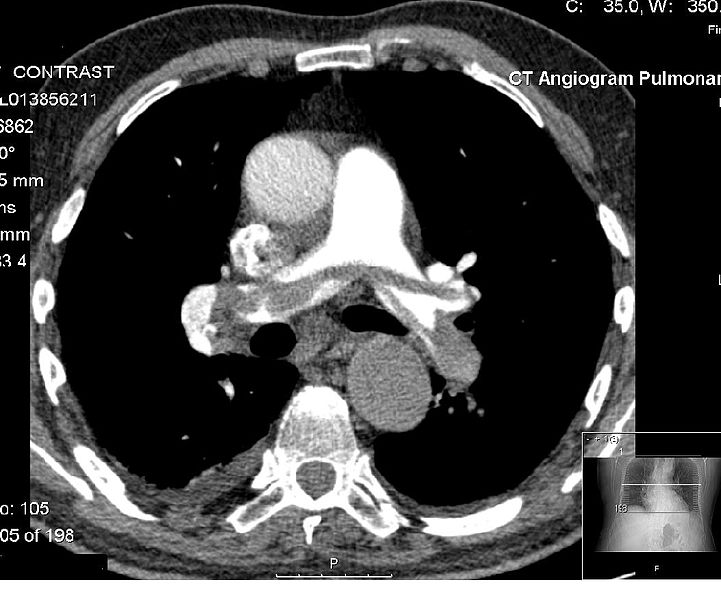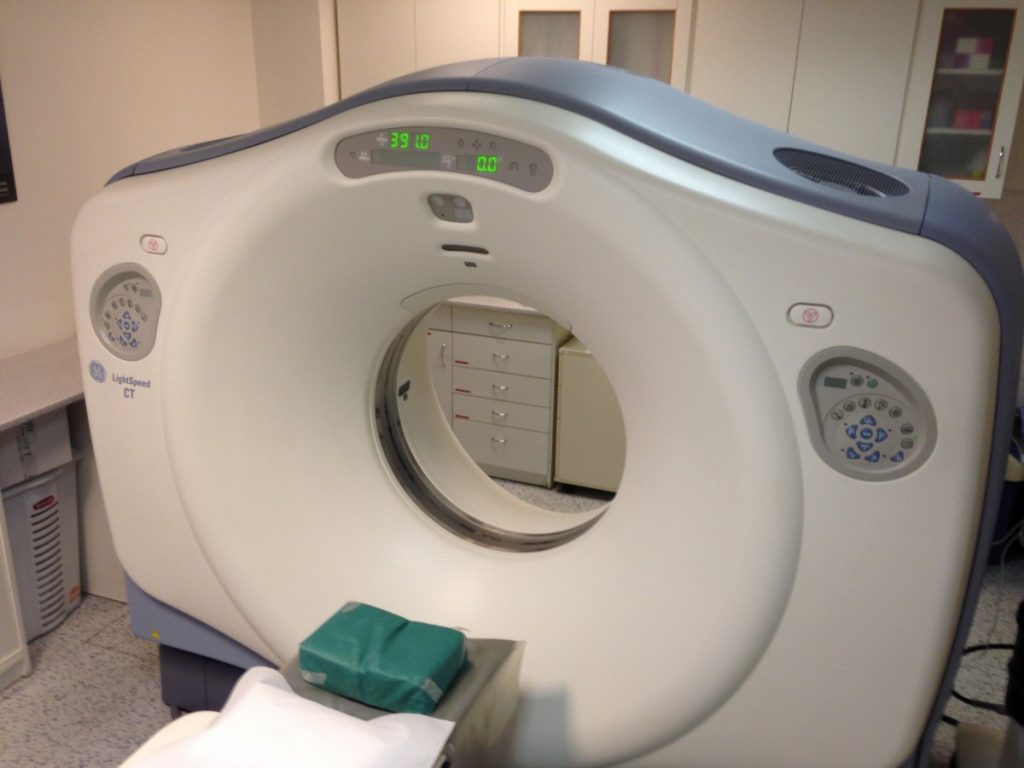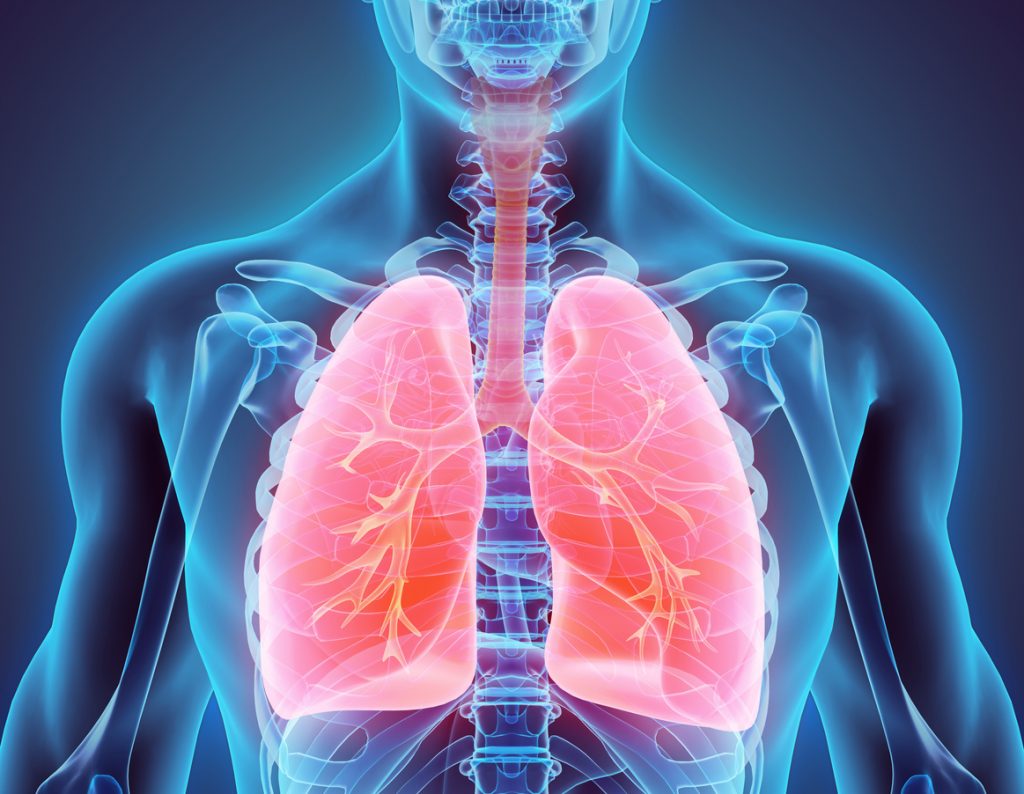Reducing the presence of mould in the home may reduce asthma in middle-aged adults according to new research led by the University of Melbourne in collaboration with the University of Tasmania, and Monash University.
In a follow-up of a longitudinal health study conducted in Tasmania, over 5,700 participants completed respiratory and home environment questionnaires and had skin-prick tests for allergy.
The results revealed that recent presence of mould in the home was associated with “non-allergic” asthma in middle age, particularly in men whose risk was about 4 times that of women.
Published in the Journal Respirology, Dr John Burgess, one of the lead authors from the University of Melbourne and University of Tasmania said, most studies of mould and asthma had concentrated on children and adolescents.
He added that in this study the asthma and related symptoms were more common as mould exposure increased.
“We found that in homes with more rooms affected by mould, there was a stronger trend for asthma, wheezing and night time chest tightness.”
In addition, the study confirmed findings from other studies that environmental tobacco smoke exposure in the home was an important risk factor for asthma and respiratory symptoms.
It is acknowledged that asthma has increased substantially in recent decades with up to ten percent of Australians known to suffer from asthma. Environmental factors have been suggested as contributors to this increase.
Book your health appointments online
Find and instantly book your next health appointment with Healthengine
(Source: The University of Melbourne, Journal Respirology)
All content and media on the HealthEngine Blog is created and published online for informational purposes only. It is not intended to be a substitute for professional medical advice and should not be relied on as health or personal advice. Always seek the guidance of your doctor or other qualified health professional with any questions you may have regarding your health or a medical condition. Never disregard the advice of a medical professional, or delay in seeking it because of something you have read on this Website. If you think you may have a medical emergency, call your doctor, go to the nearest hospital emergency department, or call the emergency services immediately.







